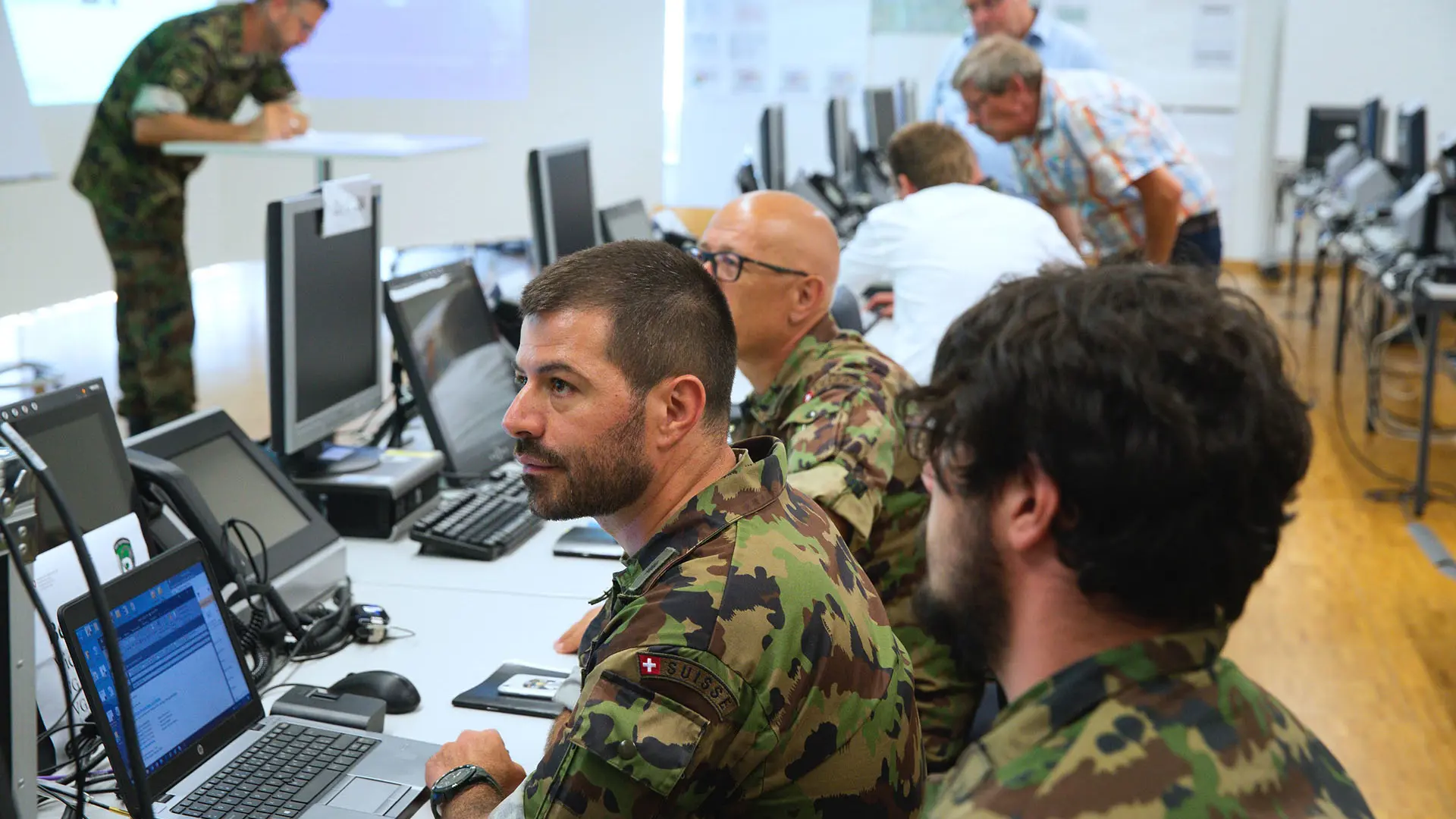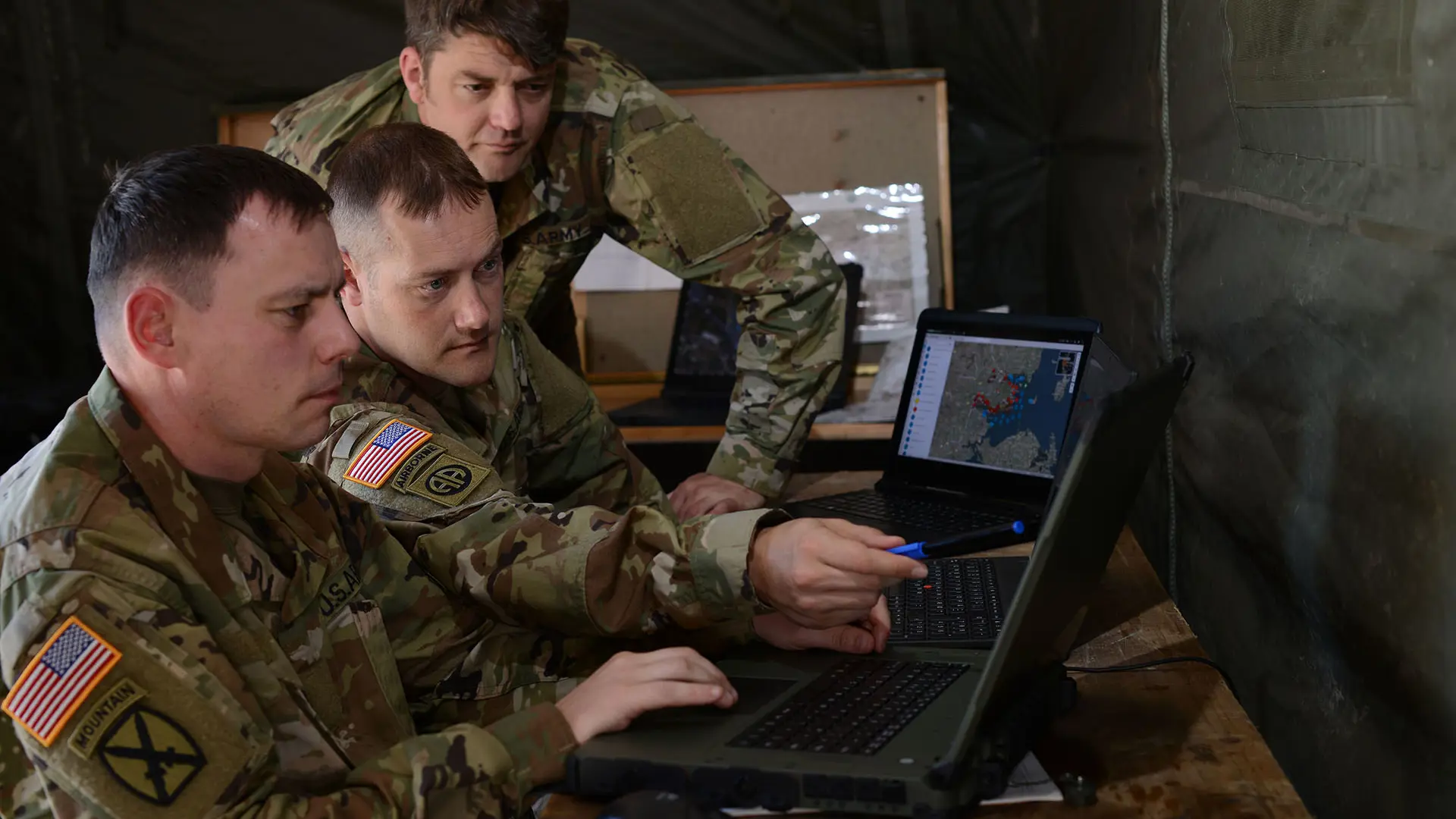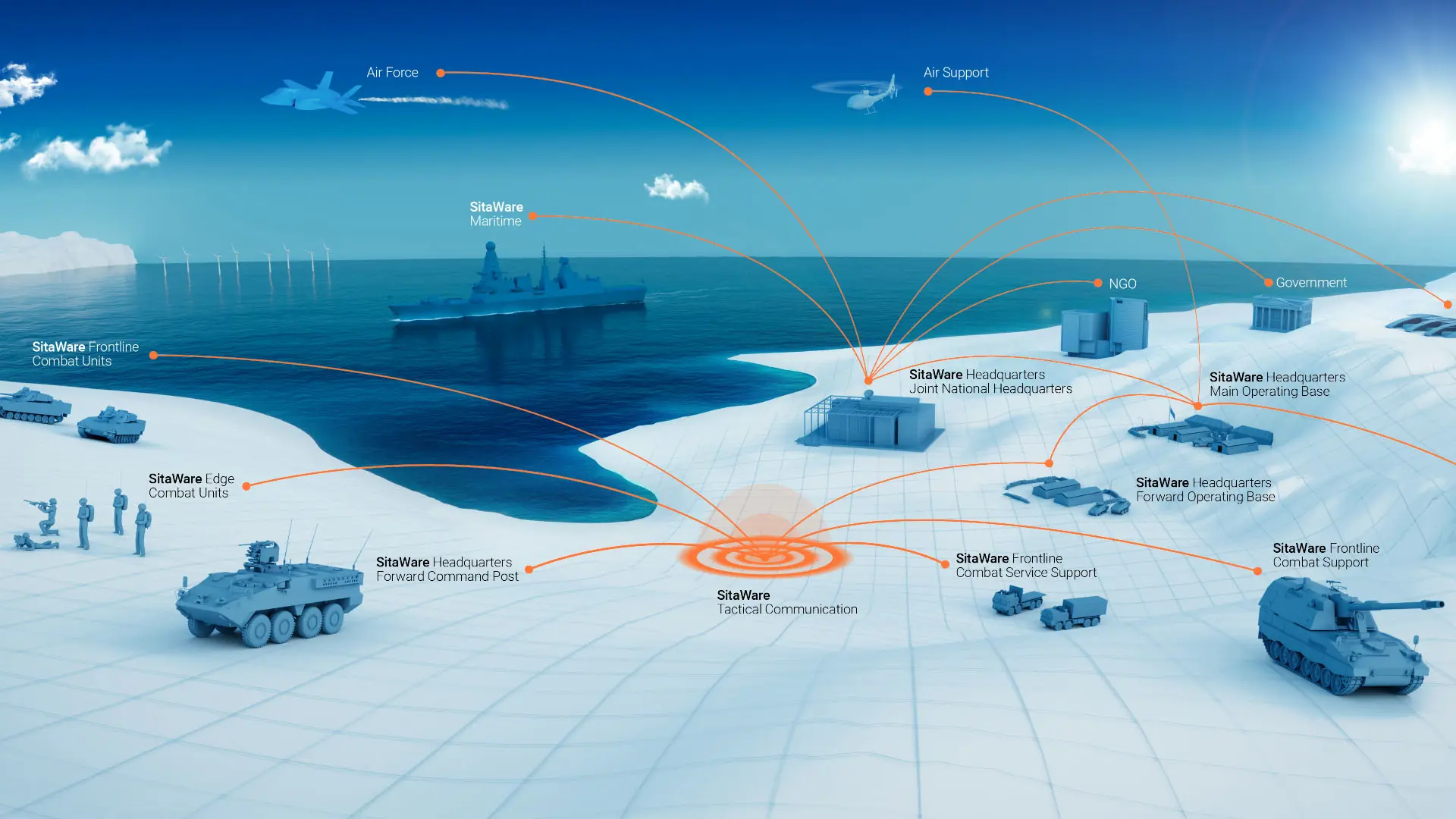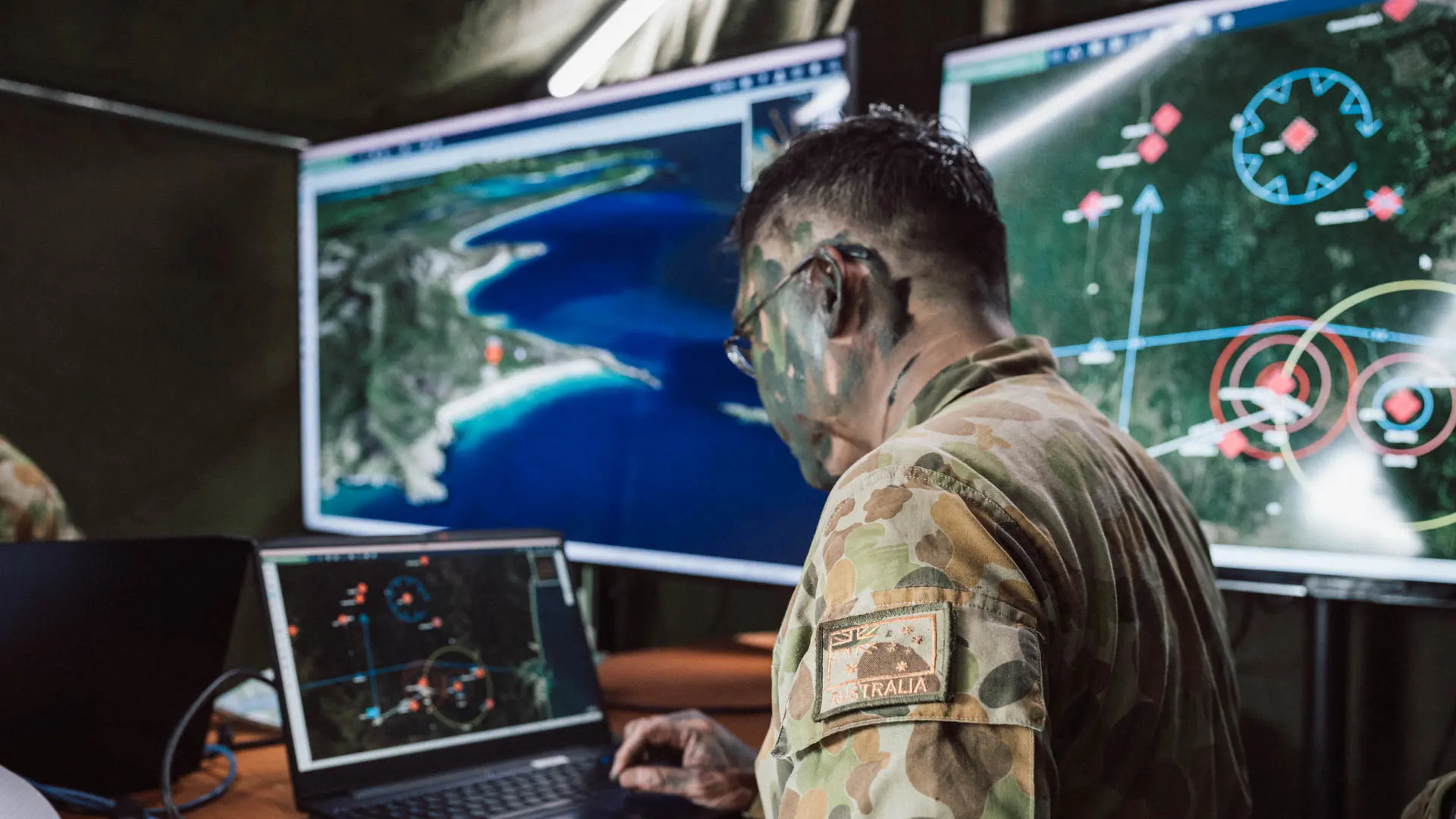Speed, acceleration, or patience
Written by Dr Peter Roberts and reproduced with his kind permission. View the original post here
To many military leaders, speed in military operations is the one facet that guarantees victory. Listening to the speeches of those who worship at the church of John Boyd and the OODA loop, speed can feel like it has become the sole determinant of success. Yet the evidence of military campaigns – whether historical or just by thin-slicing contemporary conflicts – would indicate that patience is the virtue more likely to be the trait that determined the prevailing belligerent.

The speed of relevance
The recent brouhaha about speed, specifically the “speed of relevance”, stems from its use by General James Mattis, who coined the term in the context of the 2017 US National Security Strategy when he was Secretary of Defense. Others have attributed the term’s origin to General Joeseph Dunford, Chairman of the Joint Chiefs of Staff in the US at the same time. They each had a different interpretation of the phrase: Mattis in reference to the Pentagon’s organizational culture, Dunford as how units needed to operate at a pace that provided more decision-space for commanders. Both were advocates of using speed to deliver more time for better decisions: neither saw speed as an end in-and-of itself. Both august personalities doubled down on speed as a ‘thing’ in 2018 in evidence to Congress and in published commentaries in Joint Forces Quarterly.
One would be courageous to disagree with either of these two formidable warriors, each an intellectual in their own rights. Yet there is a counter point that sits alongside their phraseology of the time (i.e. before Russia invaded Ukraine again on 22 February 2022, and the subsequent ‘analysis’ that everything had changed as a result). Rereading their comments at the time*, it is clear that neither Mattis nor Dunford put speed on the podium that it now finds itself. Instead of interrogating the intent for the use of the phrase and pursuing speed as an element of military operations, successive commanders have simply elevated it to becomes the sole determinant of victory. It is hard to imagine that this was the intent of either Mattis or Dunford.
Indeed, both leaders were masters at exercising patience as a virtue in war, politics, decision-making, and on operations. This is a much underestimated and misunderstood element of military operations, that – when used well – can alter campaigns, not just tactical or micro actions.
The power of strategic patience
Take, for example, the destruction of Hezbollah’s command system by Israel in 2024 using their own pagers. This operation was started before 2002, and despite being in place less than one year later politicians, as well intelligence and military chiefs, displayed the patience to wait until the optimal moment to initiate it. Conversely, Hamas had the patience to wait before launching the horrific attacks on 07 October 2023 to find their own ‘perfect’ moment. Often attributed to other factors, there is little doubt that the leadership of DPRK have also demonstrated strategic patience. The Kim dynasty have used time as a key factor in positioning the regime against enemies, developing weapons that shift the balance of power on the peninsula, and in playing their own allies off against each other. None of these evolved through a Rapid Capabilities Office, nor due to the single desire for speed. Strategic patience in war is closely linked to both policy and opportunity. For Russia’s operations in Ukraine prior to 2022, this was the patience to wait until President Putin considered that the West would not support Ukraine and had been lulled into a false sense of certainty regarding Moscow’s intentions. Perhaps the subsequent invasion was simply opportunistic, but Russian actions were also equally likely to be less driven by the demands for speed than by their appreciation that their ‘moment’ had arrived.
But of course, on the 23 February 2022 Moscow launched the invasion in a distinctly Western fashion: the belief in (a Russian version of) RMA would enable decapitation of the Ukrainian government and military C2 by a lightning strike against Kyiv was underpinned by a presumption that speed would surely mean an equally quick victory. Little evidence exists that Moscow’s generals had properly analyzed the Western failures associated with their own speedy campaign in 2003: the ‘Shock and Awe’ in Iraq did enable the US lightning advance to Baghdad in record time (the speed of the campaign even shocked the war planners) but did not result in campaign success. Russia’s use of tactical speed was unsuccessful; by prioritizing speed as an organizing function for their own campaign, the US achieved initial success but long-term failure.
Yet the ‘pace’ of a campaign is important. As Ran Baratz has made clear, in some cases there are merits to exploiting the merits offered by speed over a slower grinding campaign: one sometimes being the lesser of two evils**. Baratz’s account of the failures of the IDF in Gaza makes for compelling reading and requires reflection, yet that aspect of his analysis is highly contextual to that IDF operation: whether those same considerations would have primacy in determining a European or American military operation is less-than evident.
It is not simply the Wests’ adversaries who have been exhibiting patience to deliver success. The operation to liberate Kuwait from Iraqi forces (Operation Desert Storm) in 1991 was only undertaken after months of patiently waiting for the right force mix to be present, and for the correct moment to launch. Likewise, a whole host of peace-keeping missions acknowledge the need for a long-term view. On the basis of such experiences, one might conclude that quick fixes in warfare rarely work, yet the desire for speed above everything else seems to remain deeply entrenched in the military psyche.
The search for balance
Military leaders for the past decade have increasingly looked to industry to provide answers to their desires for speed, and for support in their singular view of determinants for success in warfare. That business is not war – not even close to it – does nothing to deter chiefs from drawing half-baked ideas into the military realm with dubious results. Even in commerce, the once-fashionable concept of ‘just-in-time’ logistics and supplies has been found to be wanting outside of limited contexts and situations. As industrial leaders started to acknowledge the frailties of supply chain disruptions, product shortages, and the risks associated with supplier geography, they moved away from the 20-year trend of the TPS system back towards stockpiling and more vertical integration***. The national security sector in the West is still catching up with business in these terms (ie a reversal of speed as the primary measure of success): but the appreciation that war is not commerce remains an anathema to many military leaders, especially when their desire is for the innovative and novel rather over the ‘tried-and-tested’.
Indeed, anything more than a skim over corporate process, procedure, and governance would also see the presence of patience within the commercial sector. Whether regarding investment decisions, diversification, mergers and acquisitions, account management, or retrenchment policies patience plays a significant part in industry, more so – perhaps – than the desire for speed. But it is a balance. Whilst the venerable Warren Buffet has said that “The stock market is a device to transfer money from the impatient to the patient”, he has also said that “Patience is neither a constant asset or liability. You do not want to be patient when the time comes to act.” If military leaders cannot help themselves in taking ideas from industry perhaps, we might hope that Buffet’s idea of ‘stacking’ becomes one of their fads: to wit, “Patience applies to all areas of life, too. You’ll need patience to achieve your career goals or build strong relationships. Success is linear; it builds on previous success. This stacking takes time.”
National security requires patience: decisions and actions take time and are a dynamic with an adversary. This might seem rather basic, but it requires an understanding of war and warfare: that putting the people, tools, processes, and permissions in place requires time and effort. Ignoring these realities because of an overwhelming desire for speed is more likely to cause a self-imposed reversal than deliver success.
* See Joe Dransfield in Strategy Bridge from 2020, here
**See Ran Baratz, in Tikvah Ideas magazine published in January 2025, here
***See Willy Shih, in Forbes Magazine from 2022, here
Newsletter
Cannot see the form?
Your privacy or security settings may be blocking the form.








